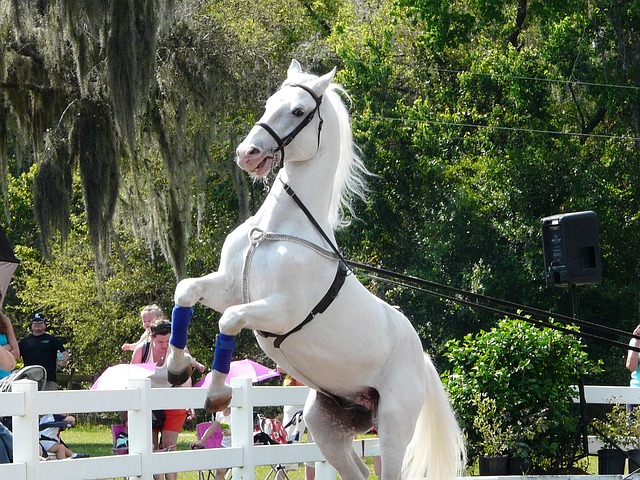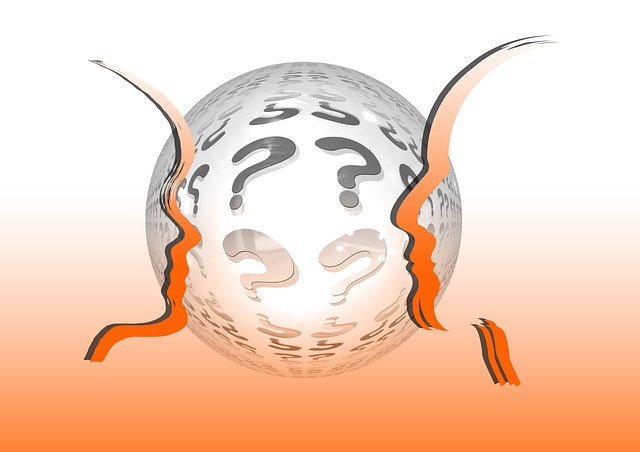Verb tenses explained

PRESENT TENSES:
present simple: I eat
Used for habitual actions (things you do all the time):
I eat bananas almost everyday.
We usually get up late on Saturdays.
Used for facts:
The sun rises early in the summer.
Water boils at 100 degrees celsius.
Used for opinions:
He is very shy with women.
You eat like a pig.
present continuous: I am eating / I’m eating
Used for actions happening now:
Be quiet. I am listening to the news.
Hurry! I’m waiting for you.
Used for actions started in the past but not yet finished:
I’m reading a really good book.
We’re painting all the bedrooms in the house.
Used for actions in the future (when the future is stated):
We are leaving for San Francisco tomorrow morning.
On Sunday they are playing a game against Vancouver.
present perfect: I have eaten / I’ve eaten
Used for past actions when the time is not stated:
We have seen that movie several times.
I’ve met you somewhere before.
Used for actions that happen a number of times:
We have eaten at that restaurant at least five times.
I’ve made that mistake many times.
Used for actions that started in the past and are still happening now:
I have known him since we were both children.
I’ve worked for that company for thirteen years.
Present perfect continuous: I have been eating / I’ve been eating
Used for actions that started in the past and are still happening now:
(This is the same use for the last present perfect (above), so they are both correct in this situation. However, I personally prefer the present perfect continuous for these kinds of actions.)
I’ve been thinking about moving to California.
She’s been spending a lot of time with her boyfriend.
PAST TENSES:
past simple: I ate
Used for an action or actions that are finished in the past:
(There’s usually a time stated when these actions happened.)
I ate a banana for breakfast yesterday.
I saw him three times last week.
past continuous: I was eating
Used for actions that were happening when another, shorter action happened:
(The shorter action is in the past simple.)
I was reading the newspaper when someone knocked on the door.
He was shoveling show when he hurt his back.
Used for actions that were happening at a certain time:
What were you doing at 3:00 in the afternoon?
At midnight I was getting ready for bed.
past perfect: I had eaten / I’d eaten
Used for an action that happened before another action in the past:
(The word “already” is often used.)
His roommate had already gone to bed when he got back to his apartment
We had already eaten by the time the fireworks started.
Used for actions that happened before a certain time in the past:
I had already finished by dinner time last night.
She had gone to bed by that time.
past perfect continuous: I had been eating / I’d been eating
Used for an action that was happening when another action happened:
(Most often used with “since” or “for”)
(The other action is in the simple past.)
They had been waiting since noon when she finally arrived an hour later.
We had been dating for three months before I found out she smoked.
FUTURE TENSES:
future simple: I will eat / I’ll eat
Used for a single action in the future:
I will call you as soon as I get home.
She says she’ll be here at 9:00.
future continuous: I will be eating / I’ll be eating
Used for a future action that is already happening when another action happens:
(The other action is in the present simple.)
They will be waiting for you when you arrive at the airport.
We’ll be doing our homework when you get home.
Used for a future action that is already happening at a certain time:
At midnight on December 31, I’ll probably be sleeping.
What will you be doing at 8:00 tonight?
Used for long actions in the future:
We’ll be working in the lab all afternoon.
Don’t make any plans because you’ll be painting the house all weekend.
future perfect: I will have eaten / I’ll have eaten
Used for a future action that happens before another future action:
(The other future action is in the present simple.)
By the time you arrive, I will have finished my work.
After we see Skyfall, we will have seen all the James Bond movies.
Used for a future action that happens before a future time:
At midnight I will have already arrived home.
She told me she will have finished all the preparations by 6:00 pm.
future perfect continuous: I will have been eating / I’ll have been eating
Used for a future action that will have been happening for a certain time when another action happens:
(The other future action is in the present simple.)
(Most often used with “since” or “for”)
When you arrive, I will have been painting since morning.
She will have been seeing him for three years when you visit next Spring.
Used for a future action that will have been happening for a certain time at a future time:
By this time next year, I will have been working there for ten years.
They will have been living here for twenty years next September.
Your Score:
Your Ranking:
Your Score:
Your Ranking:
Your Score:
Your Ranking:
There are more verb tense exercises in the Exercise section of this website.
© 2013 Ambien Malecot








